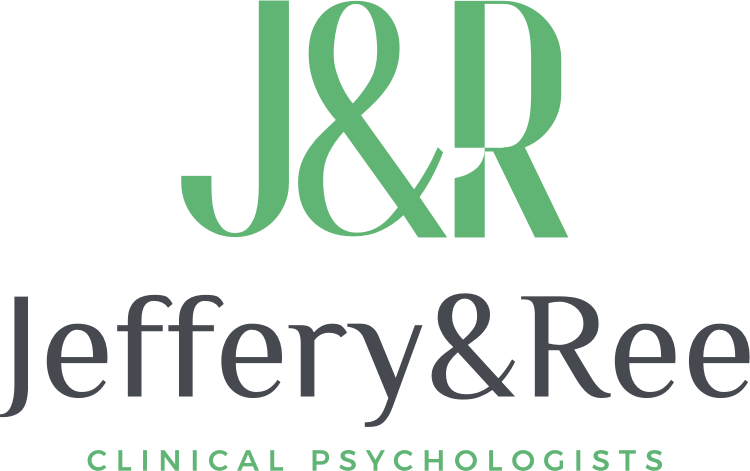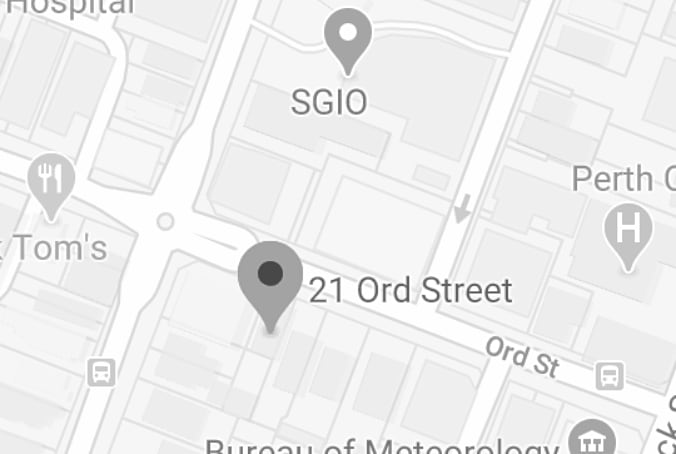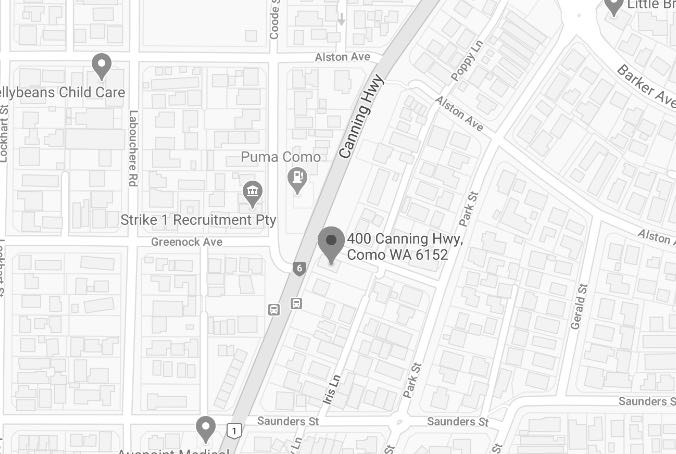Psychological treatments & therapy
Our Psychological Services
Please read on to learn about the main therapies we offer and answers to some commonly asked questions about seeing a psychologist for the first time.

What therapies do we offer?
At J&R Clinical Psychologists in Perth, we use evidence-based therapies. Evidence-based psychological treatments and interventions undergo the same rigorous scientific evaluation as approved medical treatments.
Each of these therapies is centered around understanding each client as an individual in a warm and non-judgemental way.
Your J&R Clinical Psychologist will help you to set goals and will discuss with you which therapeutic approach(es) may be most helpful. Here is a list of therapies we offer:
Cognitive behaviour therapy (CBT)
What Is Cognitive Behaviour Therapy (CBT)?
Cognitive Behaviour Therapy, or CBT, is a form of therapy that has been shown to be a very effective treatment for a range of psychological problems. It is often (not always) a short term therapy that runs over 4-15 sessions. CBT helps people to identify and change unhelpful thoughts, beliefs, and behaviours in order to produce a positive change.
- CBT usually involves becoming aware of unhelpful thoughts and making helpful changes to thinking patterns.
- CBT also involves making helpful changes to behavioral patterns. This might include facing your fears instead of avoiding them, using role playing to prepare for challenging conversations, and learning the skill of relaxation.
CBT is a treatment that is mostly focussed in the ‘here and now’ and it requires that the client is active and engaged in their treatment. Good CBT should always feel like a collaboration between you and your therapist. It can be challenging to make changes, but we will support you every step of the way.
CBT helps people to make positive change in things they can have control over, their thoughts, and their behaviour.
Happiness. It’s an inside job
Mindfulness-based therapy
Mindfulness Based Therapy (MBT) is a treatment that has gained much interest and support from scientific communities. It has been the subject of 100’s of controlled trials which support its effectiveness.
Mindfulness-Based Cognitive Therapy is a meditation-based intervention designed to help reduce the psychological distress associated with a wide range of psychological and medical diagnoses. Mindfulness-based approaches have demonstrated effectiveness in reducing anxiety and stress, improving quality of life, and managing difficult emotions associated with chronic illness and chronic pain. It is an approach that is increasingly being adapted for a variety of problems.
Mindfulness Meditation is not a relaxation technique (although relaxation can be an outcomee of mindfulness). Training in mindfulness involves becoming more aware of present moment experience in an accepting and non-judgemental way. The enhanced awareness of the present moment taught in Mindfulness can lead to people learning to quickly recognise and skilfully respond to difficult or painful experiences, and thereby “nip in the bud” unhelpful ways of reacting to distress before they escalate. Mindfulness meditation can also result in life being experienced more fully and richly because it is really noticed rather than rushed through.
Mindfulness will take some time and commitment before the benefits are seen, but the results can be powerful.
As famous Mindfulness instructor and researcher, Jon Kabat-Zinn comments, ‘One way to envision how mindfulness works is to think of the mind as the surface of the ocean’. There are always waves, sometimes big, sometimes small. Many people think the goal of meditation is to stop the waves so that the water will be flat, peaceful, and tranquil, but this is not the case...
You can't stop the waves, but you can learn to surf.
Schema therapy
There are some people for whom short-term cognitive-behavioural therapy does not provide lasting help. This may be particularly the case for people who have experienced long term difficulties that feel entrenched.
Schema Therapy is another evidence-based therapy which is a longer term therapy that may run over several months to a year or more.
‘Schemas’ are deeply held beliefs. These beliefs form a framework for understanding events in the world, and influence a person’s reactions. Schema Therapy can act as an extension of Cognitive Behaviour Therapy in promoting positive change. Schema Therapy is often used to help people who have long standing concerns. Understanding the origin of beliefs and recognising when they are influencing reactions in an unhelpful way is an important part of the therapy.
You may like to read this brief introduction.
Acceptance and Commitment Therapy (ACT)
Acceptance and Commitment Therapy (ACT, pronounced as the word ‘act’) has also been the subject of hundreds of controlled treatment trials which support its effectiveness for a wide range of psychological concerns.
ACT gets its name from one of its core messages: Accept what is out of your control, and commit to action that enriches your life.
Acceptance and Commitment Therapy teaches you skills to deal with your painful thoughts and feelings effectively – you will learn to lessen the impact that painful thoughts and feelings have over you. ACT is not about getting rid of painful thoughts and feelings, but rather having them take a back seat so you can get on with living your life.
One important feature of Acceptance and Commitment Therapy is mindfulness skills (see section above).
Another important part of ACT is helping you to clarify what is truly important and meaningful to you (i.e. helping you gain clarity on your values). Once your values are clarified you can then use that knowledge to guide, inspire and motivate you to change your life for the better. A key theme of ACT is helping people to live “rich, full and meaningful lives”.
For some more detail about ACT, click through to our blog.
Interpersonal therapy (IPT)
Interpersonal therapy (IPT) is a method of treating psychological difficulties, particularly depression. IPT focuses on you and your relationships with others. IPT sees relationships as central to emotional problems.
The goals of IPT are to help you communicate better with others and address problems that contribute to your depression.
- Interpersonal Therapy addresses interpersonal difficulties such as social isolation and withdrawal.
- IPT can help you manage unresolved grief (recent or past).
- IPT can help you with challenging life transitions such as retirement, divorce, marriage, becoming a parent, or relocating.
- Interpersonal Therapy can be helpful for managing conflict in relationships.




